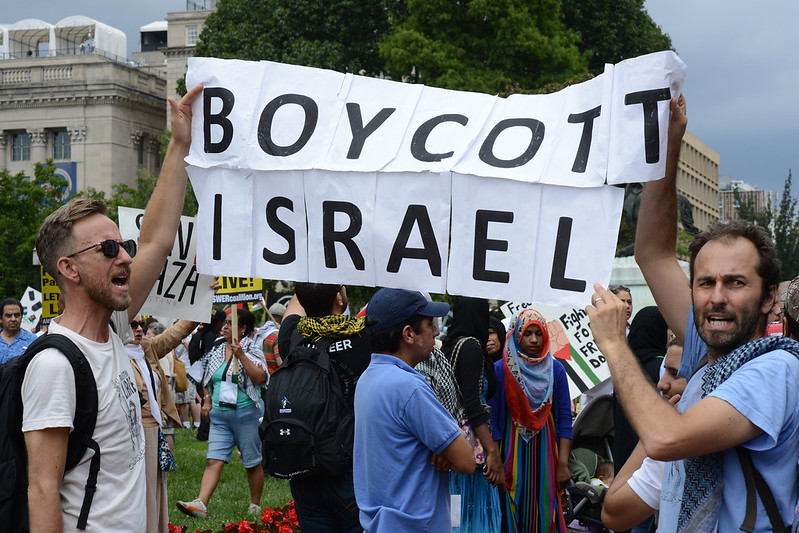The New York Times has a nasty pattern of publishing attacks on Jews and Israel on the sabbath or holidays, making it harder for observant Jews to marshal an immediate response.
Back in 2016, when the Times did this during the Jewish holiday of Shavuot, I likened one such attack, timed on a holiday, to “an opinion journalism version of the Yom Kippur War.” Months later, a Times editorial calling for cutting aid to Israel was published on the sabbath. In 2022, the Times again chose the Shavuot holiday to publish an editorial attack on Israel that echoed classical antisemitic tropes. I pointed out then that the timing prevented observant Jews from participating in the online comments on the editorial.
This Yom Kippur, the holiest day in Judaism, the New York Times did it again, marking the 50th anniversary of the Yom Kippur War not with any coverage of the war itself but by launching its own sneak attack on Israel and Jewry. The Times published a letter to the editor about antisemitism from a notorious advocate of boycotting Israel.
The Monday, Sept. 25 edition of the Times carried a letter to the editor from Donna Nevel headlined “Challenging Antisemitism,” which argued that “the most meaningful way we can challenge antisemitism is through a genuine, deep commitment to collective liberation for all people.”
“We must also understand what antisemitism is not, challenging false allegations of antisemitism toward those supporting justice and freedom for Palestinians,” the letter says. “Our commitment to challenging antisemitism, anti-Black racism, anti-Palestinian racism, transphobia, Islamophobia, and all forms of injustice are inextricably linked.”
Nevel is identified only as “co-director of PARCEO, an education and research center that recently created a ‘Curriculum on Antisemitism From a Framework of Collective Liberation.’”
Who is this Donna Nevel, the voice the Times chooses to give a platform on the topic of antisemitism on Yom Kippur? She is a longtime advocate of boycotting Israel. In 2012, Nevel wrote an article for Jewish Currents headlined “Why the BDS Movement Is Effective and Right” in which she argues that “BDS is a necessary and ethical response to an illegal and brutal occupation.” In 2021, she published a piece endorsing the BDS movement and its “right of return” to Israel for Palestinians, likening the BDS movement to the Montgomery bus boycott during the US Civil rights movement.
The curriculum created by PARCEO includes a “Palestinian Nakba curriculum” that describes Israel’s founding as a “catastrophe” and an example of “settler colonialism.”
As I’ve noted before, this sort of thing doesn’t show up in the New York Times opinion pages by accident. At least two high-ranking Times opinion editors — editorial director Allison Benedikt and Sunday opinion editor Max Strasser — are vocal longtime public critics of Zionism and Israel.
The Times’ opinion pages have become a “cesspool,” as an Israeli ambassador to America put it, of such content. Recently, articles have been published attacking Zionism at Jewish sleepaway camp (in a piece by another writer with a paper trail of anti-Israel activism), defending a congresswoman who called Israel a racist state, and asserting that the Hebrew language “symbolizes far-right Israeli militarism.”
It’s important to both the New York Times and boycott-Israel advocates to prevent this obsessive, double-standard Israel-bashing from being accurately defined as antisemitism. So, it’s understandable that the newspaper would print Nevel’s letter. It’s far outside the mainstream of the American Jewish community, but the Times seems happy, when it comes to antisemitism and Israel, to normalize extremist voices redefining discriminatory bias in a way that would be unthinkable for almost any other minority group.
What a way to observe Yom Kippur.
Ira Stoll was managing editor of The Forward and North American editor of The Jerusalem Post. His media critique, a regular Algemeiner feature, can be found here.


